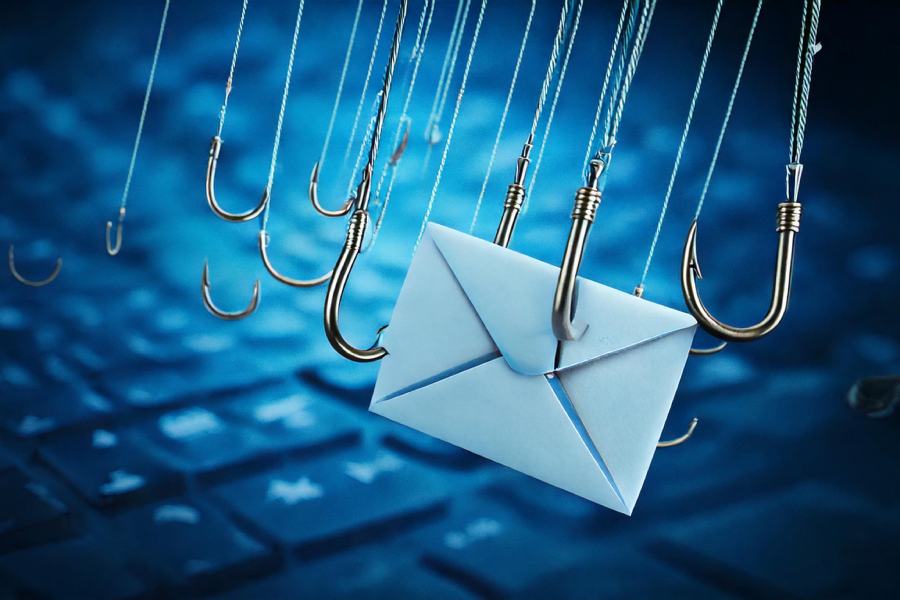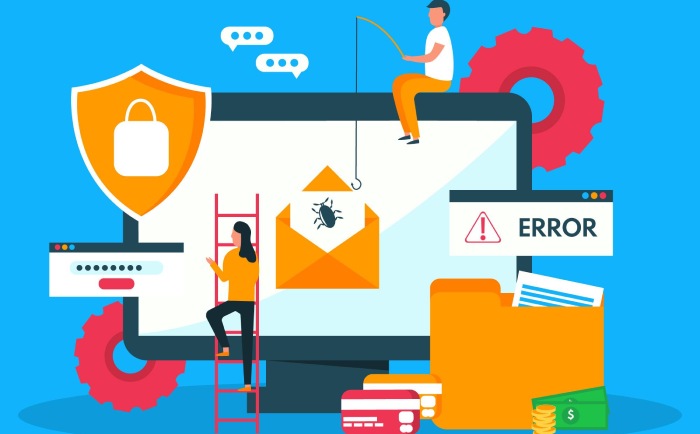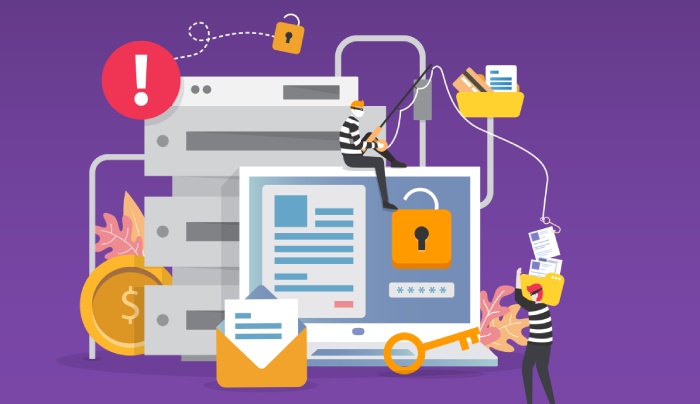In the 21st century, enterprises are facing a severe threat from people they have not met, and may never meet. Digitalization means the bad guys no longer have to be present at the site of their crimes. As a result, tight security at the office premises and money kept in the safe are not enough insurance against cyber thieves.
The Need To Protect SMBs From Cyber Attacks
A majority of businesses today run their operations online and have sensitive information in databases. Organizations big or small are willing to protect this data from any breach to happen – a business, no matter how big or small, is vulnerable to cyber crimes. A successful attack, though very costly, may not necessarily deal the final blow to large corporations; however, the same cannot be said for Small Medium Businesses (SMBs) for whom a single attack may be enough to put them out of operation.
More than 28 million small businesses exist in the US alone, and an estimated 90 percent of them don’t have adequate measures to protect against phishing on their data and those of their clients. Unsurprisingly, attackers managed to breach half of these SMBs in the US in 2016 alone. A well-known and often-used technique of email phishing accounts for most of the breaches
The high success rate, coupled with an increasing number of SMBs in the market, is encouraging hackers, and they see small businesses as vulnerable and soft targets. In such a scenario, we cannot stress enough the importance for small enterprises to protect their systems and processes from phishing attacks. SMBs should take cyber threats seriously, analyze their vulnerabilities, and deploy adequate countermeasures to protect their business assets.
Types Of Attacks On SMBs
The most popular and active attacks are in the form of phishing attacks, which typically involve a fake email claiming to be from a trusted and familiar name. The idea is to trick employees into providing sensitive financial information for further exploitation of the business. These tactics are behind the majority of breaches to individuals’ and organizations’ databases. We will recommend a variety of best practices for small businesses to prevent any data breach through phishing attacks.
Other cyber threats to be aware of include ransomware and malware. Hackers often use ransomware as an attachment with the phishing email. These attacks have been costing enterprises millions of dollars. For instance – Aerospace engine component manufacturer FACC lost $55 million from a spear phishing attack. Small businesses are susceptible to these attacks as they don’t have the right expertise or tools to deal with such an attack. In 2018, 58% of malware attack victims were small businesses. With 92% of malware delivered by email, it is crucial that SMBs take proactive steps to protect their businesses and train employees.
Measures To Protect Your Small Business From Any Phishing Activity
It may be difficult for small organizations to field a dedicated IT staff or allocate significant budget to protect their assets from attacks; however, protecting yourself may not require as much expertise or resources as you think.
Implementing training programs
With something as dangerous as a phishing attack, it is essential that you, along with your team, are aware of the consequences of such an attack. Arrange regular awareness training sessions to understand the malicious phishing attacks an SMB might face and the safeguards. All your employees are highly susceptible to be the point of access in a cyber-threat. Try to engage some experts as part of the awareness training. Keep a separate session on phishing attacks as they are the most sought after mechanism.
Designating a cybersecurity person
It is crucial to appoint a person who will look after all the security measures for your company. This person will be responsible for leveraging all the upgraded cybersecurity solutions. If you fail to take this vital step, security loopholes may end up causing a severe threat.
Purchasing cyber insurance
Most organizations ensure good company insurance policies, but rarely check if they contain clauses for cyber-attacks. If a company is under serious threat, they could run out of business within six months. So to protect yourself from any such scenario, it is advisable that you buy an insurance policy which can help you deal with the recovery.
Updating all software
Cyber attackers usually tend to use the latest technique to hack your systems. It is essential to make sure that all your systems are using the latest version of all software. Many worms and viruses can easily exploit vulnerabilities that the new version of updates may fix. The updated software can also help you in quickly identifying new malware.
Conducting drills
You have taught you team about cyber threats and given them all sort of awareness training kits. But without any real-time testing, you won’t be able to counter-attack if a serious one happens. You can start by sending a phoney phishing email to a bunch of staff and observe if they are following the set of perquisite protocols.
Disaster Recovery Plan
A backup plan always works, and it is critical to have a recovery plan in case of a severe phishing threat. But don’t just build the program; get it tested with some reputable IT professionals before storing it. The best disaster recovery plans exist to allow employees to take practical actions in case of an attack or for cleaning up a mess after a breach.
Utilizing cybersecurity services
There are a lot of options to support your IT security issues. Generally, people fail to understand the necessity, and the cost of such services is often a factor in their decision-making; however, the cost of employing reputable services are still small when compared to the cost of having a data breach cleaned up.
The Final Words
Phishing attacks and other cyber threats are ever-present, regardless of the size of the businesses they target. The countermeasures against these attacks are often simple actions that people overlook. Such security oversights are what land organizations in a problem. Though the steps mentioned above to protect your small business from phishing attacks cannot be guaranteed to provide you with a 100 percent security, you will find that they can deal with most of the phishing threats if you take them seriously and implement them as phishing protection measures. Remember that a little extra effort on your part can go a long way in maintaining the safety of your organization.



